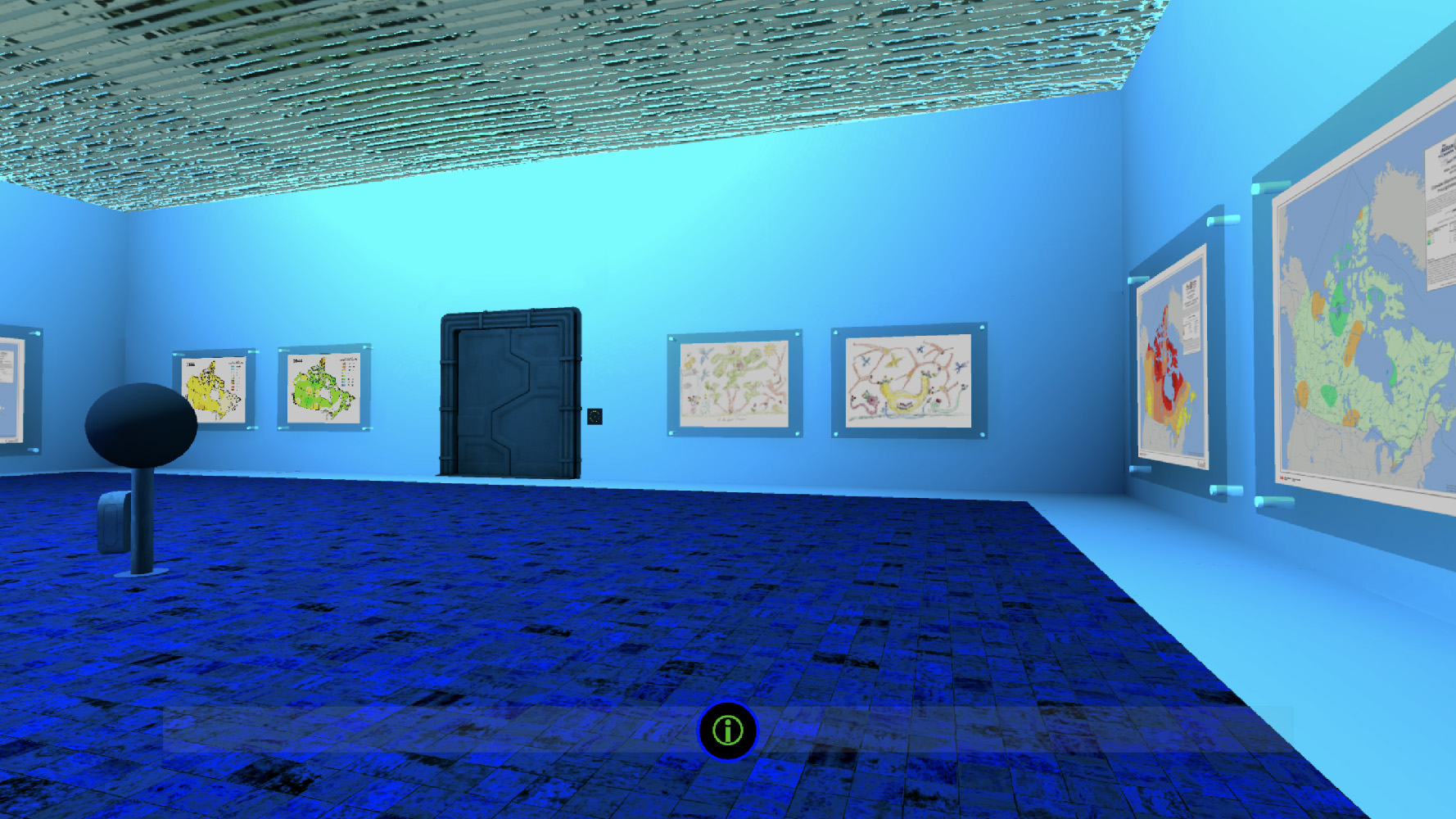New sound laboratory to be the first of its kind at UAlberta
Erik Einsiedel - 28 September 2020

The new Sound3 Lab will support many types of research projects including audio gaming and virtual reality. Pictured: The Lost Garden, an audio puzzle game by Scott Smallwood featuring sonic exploration in an abandoned underground urban environment.
The Canada Foundation for Innovation (CFI) recently announced $3.4 million in federal funding towards 16 University of Alberta (U of A) projects. Among them is the upcoming Laboratory for Sound Art, Sound Health and Sound Communities (Sound3 Lab), which will receive $211,000 of that CFI funding. The CFI funding will be used to plan, design and build the Sound3 Lab, as well as support several research programs within it.
The Sound3 Lab will be a cutting edge recording studio to be housed in the Old Arts building. The project is being spearheaded by Faculty of Arts Associate Professor Scott Smallwood (Sound Studies Institute), and Canadian Centre for Ethnomusicology (CCE) co-Directors Julia Byl and Michael Frishkopf.
The naming of the Sound3 Lab is based on three areas of acoustic research and experimentation.
“First, it will enable us to make audio recordings within a space of extreme quiet that can be measured in microsounds,” says Smallwood. “Secondly, it grants us the ability to perform listening tests and experiments that require exceptionally quiet spaces. Third, it will have equipment for fieldwork and off-site recordings, allowing us to conduct research remotely.”
Much of Smallwood’s own research explores sonic textures based on field recordings of unusual objects or spaces, making the Sound3 Lab an invaluable resource for his work. Some of the other uses for the new lab include research projects in audio gaming, using soundscapes to promote healing and rehabilitation, recording interviews and performances with visiting music artists, voiceovers for documentary films or podcasts, and exploring new ways of leveraging virtual reality technology.
Julia Byl is especially excited about the possibilities the Sound3 Lab brings to her own research project, working with an archive of recordings from a South Asian community. She sees the new lab as a space for student researchers, faculty and the community to engage the archive in meaningful, interactive ways.
“This will be a place for people to listen to the archives and have their perspectives, ideas and perceptions recorded in the studio as a supplement to the archives,” Byl says. “By providing access to this technology, people can see and engage with the content, allowing them to take ownership of it in a different way.”
Working with acousticians and architectural consultants, plans are being explored to build the new lab within the Old Arts building but with its own independent structural integrity. This specialized isolation would further protect the lab from external sound interference, enhancing the quality of its recordings and conditions for its experiments.
Michael Frishkopf sees great opportunities to leverage these specialized acoustic conditions for his own research in music therapy, using soundscapes to reduce stress in critically ill patients.
“Ultimately that research is destined for the ICU and hospital, but first you need a place to test it on healthy subjects, and we’ve never had a suitable space,” he explains. “Nothing like this currently exists at the U of A. The Sound3 Lab provides the uniform listening conditions, the high-powered computers and the machine learning we need for our research in a centralized lab.”
If the next stage of funding is approved, organizers are hoping to start construction of the Sound3 Lab in 2021.